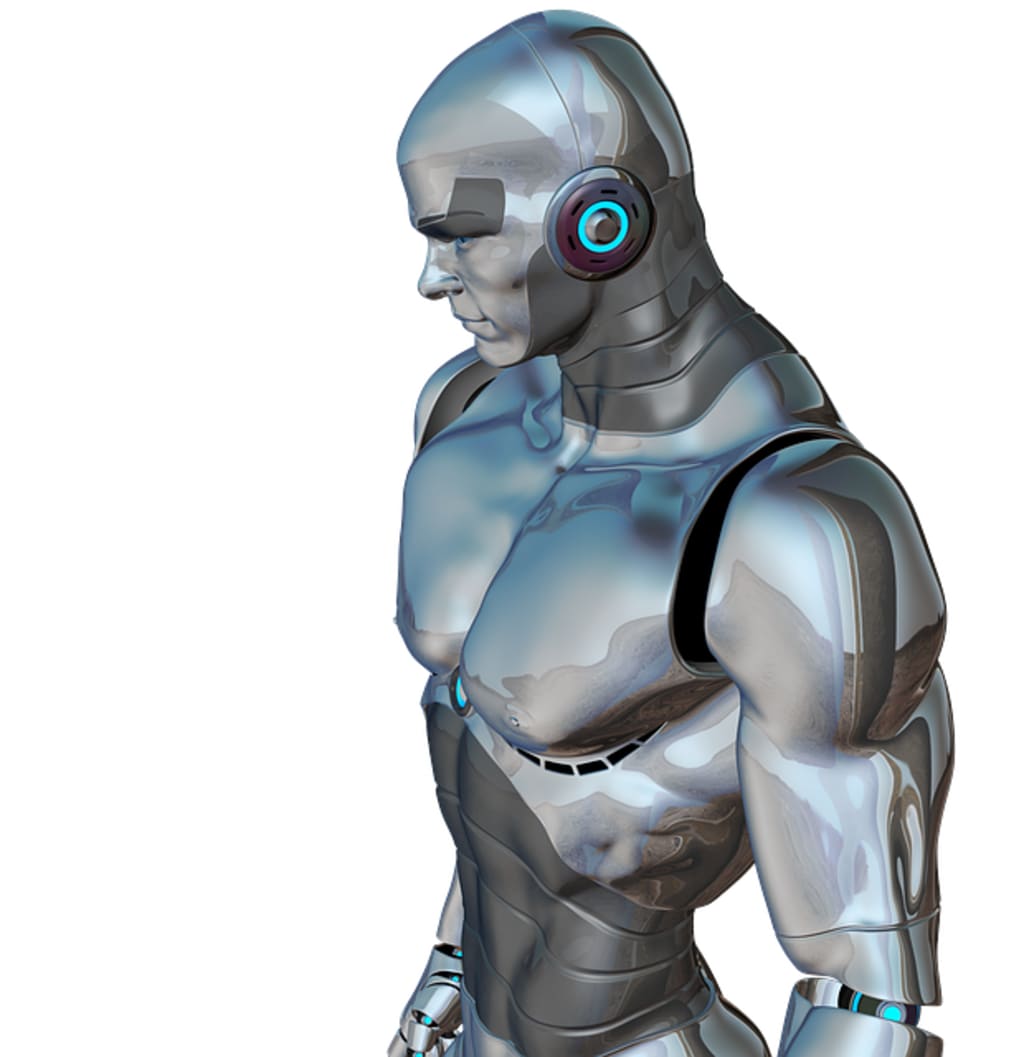What is artificial intelligence, and how does it differ from human intelligence?
AI

Artificial intelligence (AI) has become a buzzword in recent years, with more and more industries integrating it into their operations. But what is AI, and how does it differ from human intelligence?
AI, or artificial intelligence, is a field of computer science focused on creating machines that can perform tasks that typically require human intelligence, such as understanding natural language, recognizing images, making decisions, and learning from experience. AI systems use algorithms and mathematical models to process data and perform tasks that would be difficult or impossible for humans to do on their own. AI has become increasingly prevalent in many industries, including healthcare, finance, transportation, and manufacturing, and is poised to play an even larger role in the future as technology continues to advance.
At its core, AI is the ability of machines to perform tasks that would typically require human intelligence, such as recognizing patterns, making decisions, and learning from experience. AI systems use complex algorithms and mathematical models to process vast amounts of data and perform tasks that would be impossible or time-consuming for humans.
While AI and human intelligence share some similarities, there are several key differences that set them apart. One significant difference is that AI is designed to perform specific tasks, while human intelligence is much more adaptable and versatile.
For example, an AI system that is designed to recognize faces may be very good at this task, but it will struggle to perform other tasks, such as recognizing emotions or understanding language in context. In contrast, humans can perform a wide range of tasks and are constantly learning and adapting to new situations.
Another key difference between AI and human intelligence is the ability to reason and make decisions. While AI can analyze data and make decisions based on pre-programmed rules and algorithms, it lacks the creativity and intuition that humans possess.
For example, an AI system may be able to analyze financial data and make investment recommendations, but it cannot take into account external factors, such as changes in the market or geopolitical events, that may impact the value of investments. Humans, on the other hand, are better equipped to consider multiple variables and make informed decisions based on incomplete information.
One area where AI has shown significant progress is in the realm of pattern recognition. AI systems can analyze vast amounts of data and identify patterns that humans may not be able to see. For example, AI can be used to analyze medical images and identify early signs of disease or abnormalities that may be missed by human doctors.
However, while AI is excellent at identifying patterns, it lacks the creativity and intuition that humans possess. Humans can make connections between seemingly unrelated data and come up with innovative solutions to complex problems, something that AI is not yet capable of.
Another significant difference between AI and human intelligence is the ability to learn and improve over time. AI systems are designed to learn from experience and improve their performance over time, a process known as machine learning.
However, while AI can improve its performance on specific tasks, it lacks the generalizability that humans possess. Humans can apply knowledge and skills learned in one context to new and unfamiliar situations, something that AI is not yet capable of.
In summary, while AI and human intelligence share some similarities, there are several key differences that set them apart. AI is designed to perform specific tasks and lacks the versatility and adaptability that humans possess. While AI can analyze data and recognize patterns, it lacks the creativity, intuition, and generalizability that humans possess.
As AI continues to advance and become more integrated into our daily lives, it is essential to understand these differences and how they impact our interactions with AI systems. While AI can be a valuable tool for solving complex problems and improving efficiency, it is not a replacement for human intelligence and should be used in conjunction with human expertise and decision-making.





Comments
There are no comments for this story
Be the first to respond and start the conversation.